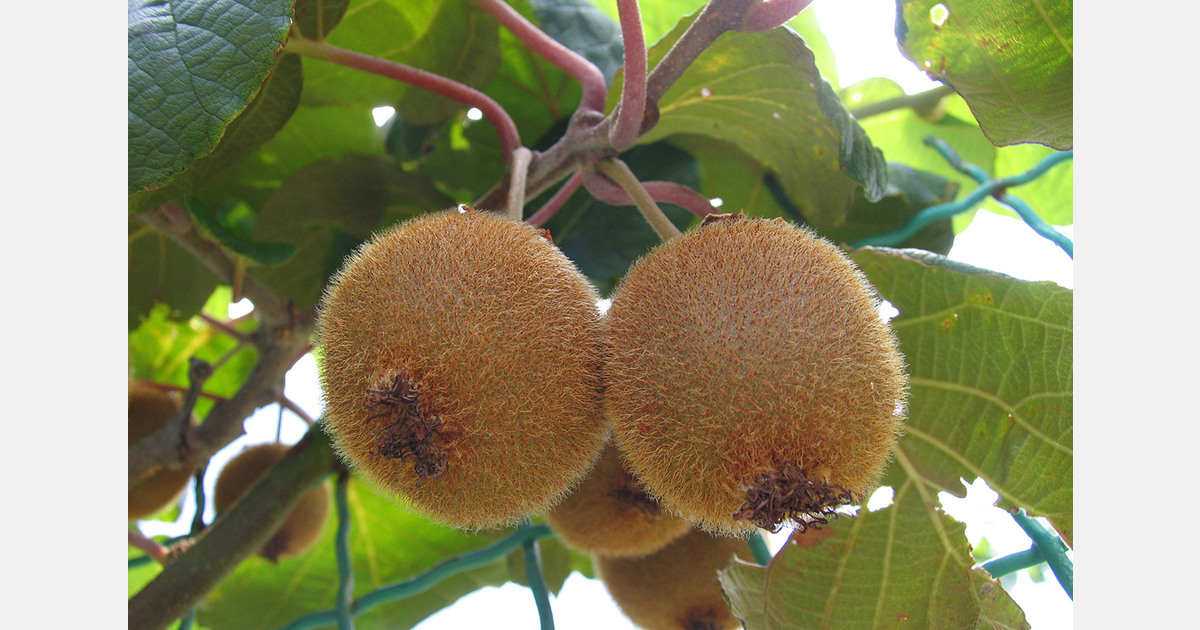
India may grant tariff concessions on kiwi fruit from New Zealand, reducing the current 30 per cent customs duty, as part of ongoing trade negotiations. The discussions for a Free Trade Agreement (FTA) began in March, with the first round of talks taking place in New Delhi between May 5 and 9. The subsequent round is scheduled for July 2025.
A senior government official noted, “Kiwi is a very important product for New Zealand, while it is not a very sensitive item for us. India already has a Memorandum of Cooperation (MoC) with them, so they would want to help us with our kiwi cultivation as well.” This reflects the mutual interest in developing both countries’ kiwi sectors through improved cultivation practices and technology exchange.
Commerce Minister Piyush Goyal indicated on June 19 that he anticipates closure of negotiations within three to four months despite the aim to finalize the FTA by the year’s end.
The two nations had earlier agreed to collaborate on horticultural development, emphasizing knowledge and research exchanges, and enhancing post-harvest and marketing infrastructure. “What we can gain is good technology and practices because we are working on building our own kiwi production, which is very low, so if we get good practices from them, we can increase our production. Paradoxically, it helps New Zealand also, because their production is very seasonal,” the official said.
India’s import of kiwis reached $63.72 million in FY25, marking a nearly 25 per cent increase year-over-year. Of this, imports from New Zealand amounted to almost $17 million, showing a 157 per cent rise from the previous fiscal year. Despite this, Chile remains India’s largest kiwi supplier, benefiting from a 15 per cent import duty under a preferential trade agreement, with shipments valued at $23.53 million.
India and New Zealand’s trading relationship is expanding, with merchandise trade hitting $1.3 billion in 2024-25, reflecting 48.6 per cent annual growth. India’s significant exports to New Zealand include pharmaceuticals, machinery, precious metals, textiles, and vehicles, while imports from New Zealand comprise wool, iron, steel, aluminum, and various fruits, including kiwi.
Source: Money Control
Source: The Plantations International Agroforestry Group of Companies
